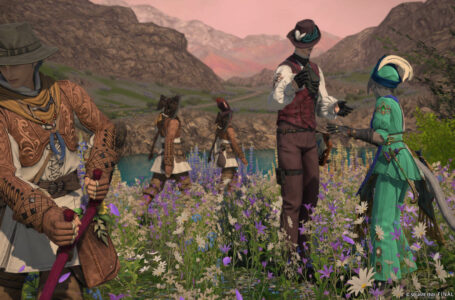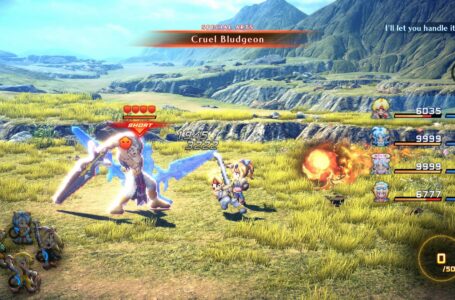Musings on Secret of Mana and the more divisive Final Fantasy games
After playing through Final Fantasy Adventure recently, I decided to move right along and tackle its widely beloved sequel Secret of Mana. This is a game that I never played back in the day and, somehow, have never actually played to date either, so it was all set to be a very fresh experience for me. I know a lot of people who adore this game — even a friend who doesn’t really play Japanese RPGs or anime-style games in general is a big fan. So I was pretty excited to jump in.
A few hours in, I’m enjoying the Secret of Mana experience a great deal, and understanding why this is such a beloved game. But at the same time, there are a few things that puzzle me somewhat. Not in a way that reflects negatively on Secret of Mana, I might add — but rather in the sense that if Secret of Mana is such a widely beloved game, why is it that games which took clear cues from it ended up having less universal acclaim from players?
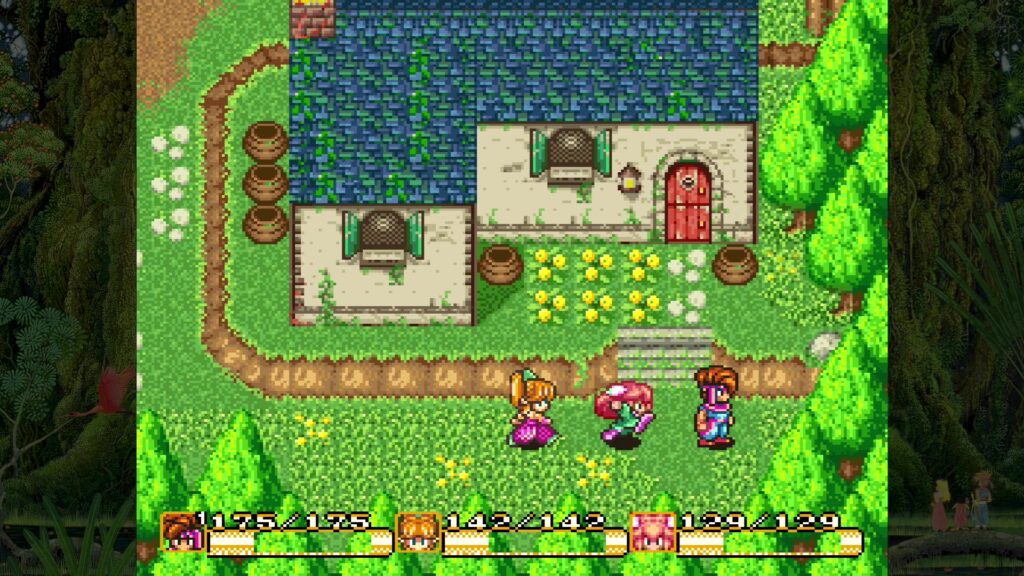
The main area where, for me, this is apparent is in the combat system. For the unfamiliar, Secret of Mana is ostensibly an action RPG like its predecessor Final Fantasy Adventure, but in practice it combines elements of both real-time and turn-based systems. You can move around freely during combat without limitations — and indeed, doing so is necessary to avoid physical attacks — but successfully attacking is dependent on a “power gauge” that you must let fill to 100% before swinging, otherwise you’ll strike nothing more than a glancing blow for 1 or 2 damage.
On top of that, the game pauses while you select magic for your party members to perform, and enemy magic spells are unavoidable other than by taking advantage of a possibly unintentional feature of how the game’s magic animations work. During boss fights in particular, the combat has considerably more depth than Final Fantasy Adventure and requires a lot more strategy. Managing MP in particular is quite a challenge in the early game, since while it’s tempting to blast through a dungeon with spells, they’re best saved for bosses.
When you first start playing Secret of Mana, if you were expecting a more Zelda-like combat system, you may well feel like it’s a little clunky. This isn’t helped by the fact that there’s a lot of knockdown and hitstun going on in the game, and in a lot of cases you seemingly can’t actually hit enemies while they’ve been knocked to the floor — or in some cases, you can, but the damage doesn’t register until they get back up again. At the other end of the spectrum, if you get knocked down by an enemy and trapped in a corner, you’re basically screwed, particularly if your other party members are incapacitated.
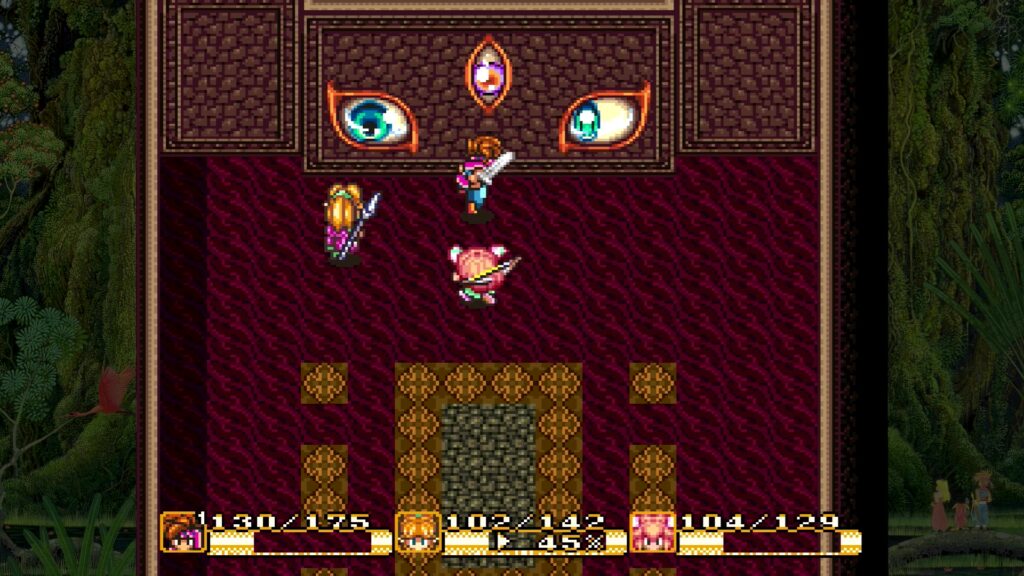
Before long, you get used to it; stop thinking of Secret of Mana as a Zelda-like and more like that half-real-time, half-turn-based hybrid and it starts to make a lot more sense. And, if you fast forward to some other Square Enix titles, you’ll find other games that do similar things. Specifically, Final Fantasy XII and Final Fantasy XV — which just happen to be two of the more divisive entries in the series, although the former has become much more fondly regarded in recent years.
Final Fantasy XII in particular feels like it takes quite strong cues from Secret of Mana in many ways — the main difference being that you don’t have to manually unleash attacks when your “charge” is full; they happen automatically. But the complete freedom of movement is still there, the pausing to choose actions is still there, the inability to avoid spells is there — it just unfolds in a 3D environment rather than top-down 2D pixel art.
Final Fantasy XV, meanwhile, also takes some ideas from Secret of Mana, though the focus on switching between attacking and defensive stances is a little different from the “charge bar” idea. You still have the option to pick abilities to perform in the middle of combat, though; whether or not you hit enemies or deal damage is, to a certain degree, dependent on what state they’re in; and it’s possible to avoid physical attacks by simply remaining out of range of their animations.
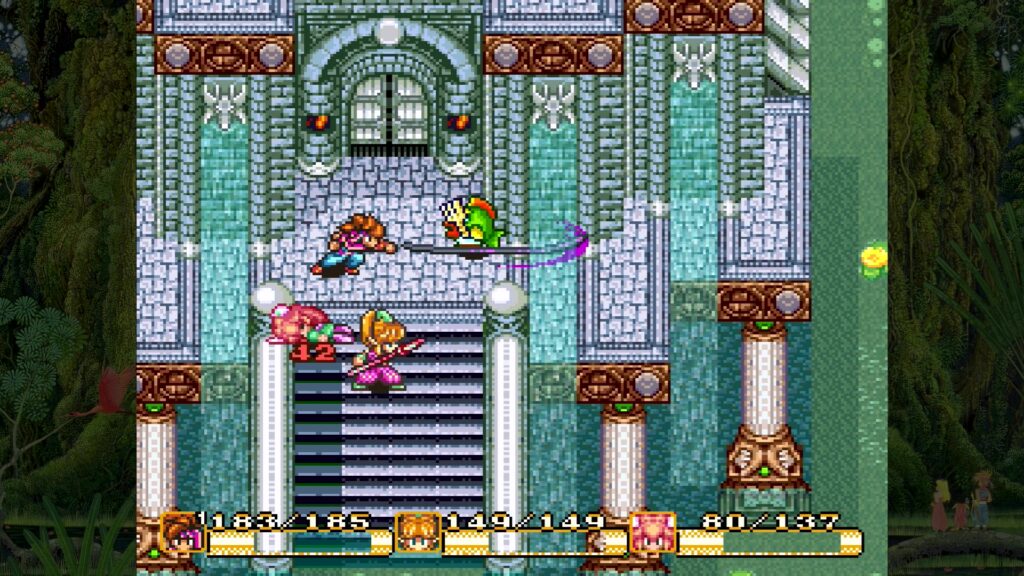
Both these games also feature a much more open-world structure than many previous Final Fantasy games — and, perhaps not coincidentally, Secret of Mana is also quite an “open” game. Granted, in the early hours of the game you’re confined to a relatively small geographical area, but within that area you’re mostly free to explore as you please, and certain events can be triggered in any order rather than following a strictly linear path.
On top of that, Secret of Mana is absolutely not a “follow the glowy trail to win” sort of game; often you’ll be told where to go next in passing, then it’s up to you to find a suitable means of getting there. This is also true for both Final Fantasy XII and XV in different ways. Final Fantasy XII’s zone-based structure hews closer to how Secret of Mana’s map is structured, while Final Fantasy XV’s completely open world allows for more freeform exploration and a certain amount of creativity.
So I find myself a little puzzled. Given that Secret of Mana is such a widely beloved game, why did some people baulk hard at Final Fantasy XII and Final Fantasy XV? Is it because they were called “Final Fantasy” and these people were expecting games where party members just lined up and took it in turns to hit things?
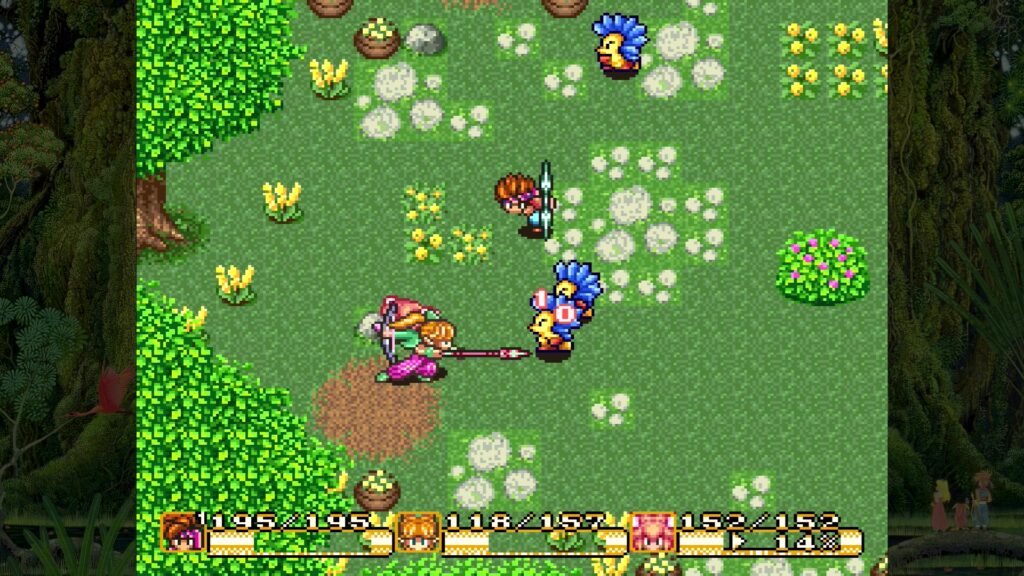
Because although Final Fantasy was that for many years, it’s not been that for a lot longer at this point! On top of that, series creator Hironobu Sakaguchi was known for saying “if it’s not new, it’s not Final Fantasy” — suggesting that he always intended for the series to reinvent itself on a regular basis. And so, with that in mind, the series experimenting with adopting ideas, mechanics and structures from other Square Enix properties makes a lot more sense.
If you’ve previously bounced off Final Fantasy XII and/or XV because they “weren’t Final Fantasy” to you, but you are a fan of Secret of Mana, consider revisiting them bearing in mind what we’ve just talked about. After all, don’t forget that the Mana series did actually start out as a Final Fantasy spinoff “gaiden” title in the first place!
Join The Discussion
Rice Digital Discord
Rice Digital Twitter
Rice Digital Facebook
Or write us a letter for the Rice Digital Friday Letters Page by clicking here!
Disclosure: Some links in this article may be affiliate links, which means we may earn a small commission if you make a purchase after clicking on them. This is at no additional cost to you and helps support Rice Digital!
- Letter from the Editor: passing the torch - June 30, 2023
- Super Woden GP 2 is looking promising - June 30, 2023
- Inti Creates is making a 32 bit-style Love Live action platformer - June 26, 2023




